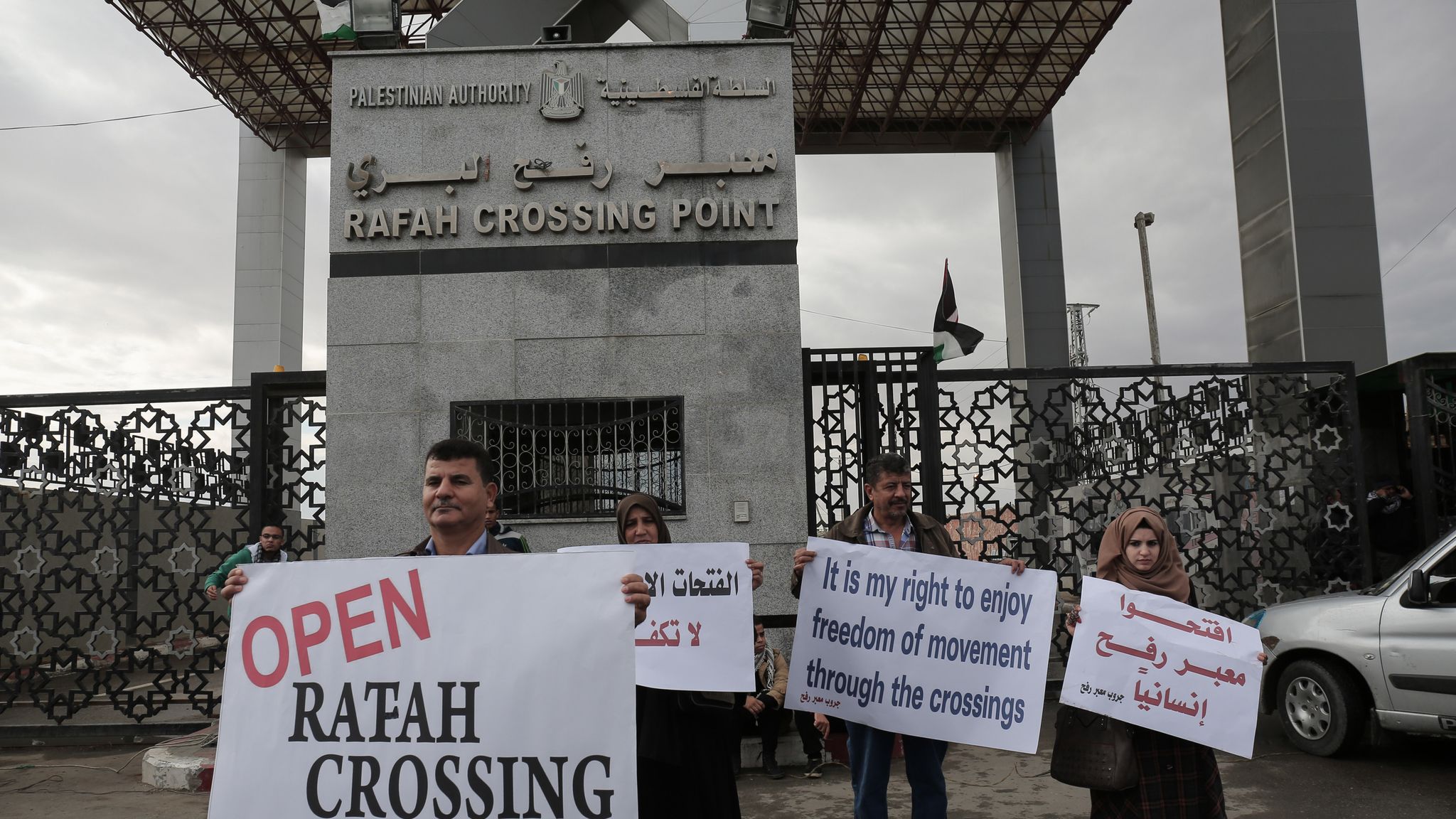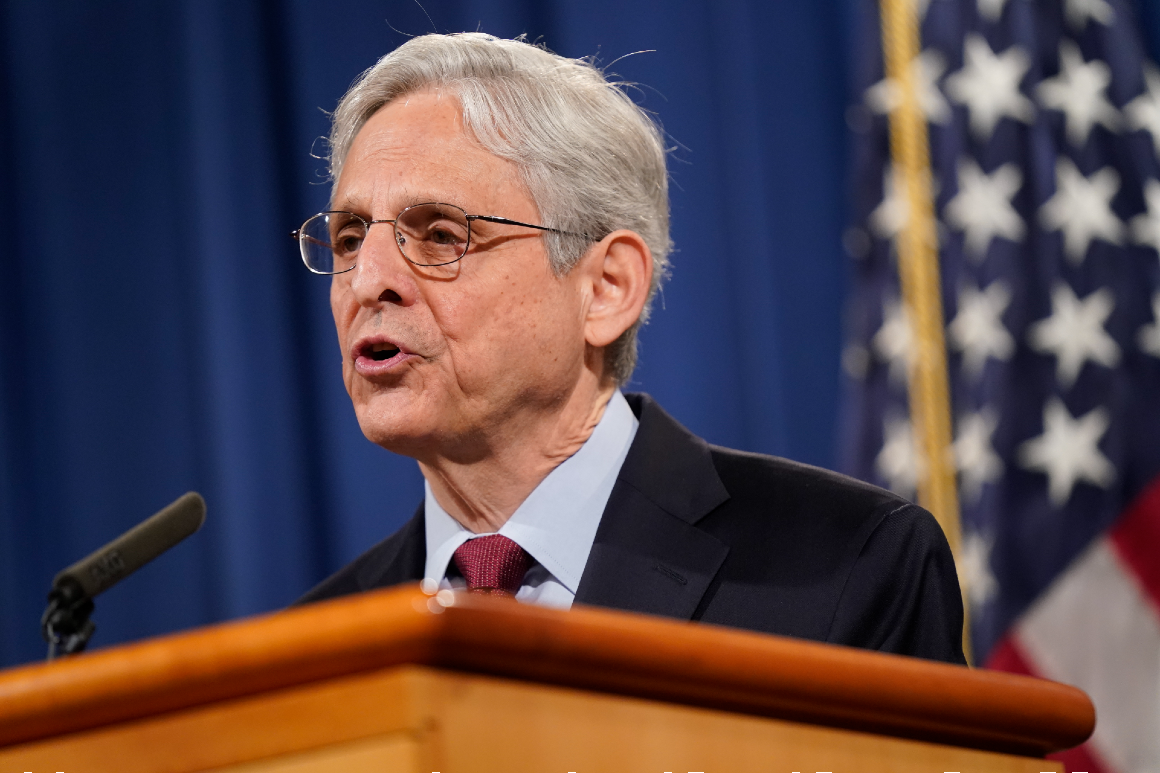The Devastating Impact Of Israel's Blockade On Gaza: Hunger, Disease, And Crime

Table of Contents
The Humanitarian Crisis: Widespread Hunger and Malnutrition in Gaza
The impact of Israel's blockade on Gaza’s population is most acutely felt through the widespread hunger and malnutrition. The restrictions imposed severely limit access to essential resources, creating a humanitarian emergency that demands immediate attention.
Food Insecurity and Limited Access to Essential Goods:
The blockade severely restricts the import of essential food items and agricultural supplies, directly impacting food security for the Gazan population. High unemployment rates and widespread poverty exacerbate this food insecurity, leaving a large percentage of the population reliant on often insufficient humanitarian aid.
- Specific Food Shortages: The blockade frequently restricts the import of vital staples like wheat, flour, and cooking oil, leading to periodic shortages and price increases. This disproportionately affects low-income families.
- Malnutrition Statistics: According to UN reports, a significant percentage of children under five in Gaza suffer from chronic malnutrition. Stunting and wasting rates remain alarmingly high, indicating long-term nutritional deficiencies.
- Impact on Farmers and Fishermen: The blockade severely limits access to fishing grounds and agricultural resources, crippling the livelihoods of thousands of farmers and fishermen, who already grapple with the effects of depleted soil and limited water resources. This limitation of agricultural production contributes to overall food insecurity.
The Deteriorating Healthcare System:
The blockade severely hampers the ability of Gaza's already fragile healthcare system to function effectively. Restrictions on the import of vital medical equipment, medicines, and medical supplies leave the population vulnerable to preventable diseases and illness.
- Limited Access to Specialized Care: The scarcity of essential medical resources and the blockade's restriction on movement severely restricts access to specialized medical care, including treatment for chronic diseases, cancer, and other life-threatening conditions.
- Prevalence of Infectious Diseases: Poor sanitation, a consequence of the blockade's constraints on infrastructure development and maintenance, contributes to the increase in infectious diseases, which further strain the already limited healthcare resources.
- Infant and Maternal Mortality Rates: Infant and maternal mortality rates in Gaza remain significantly higher than the global average, highlighting the critical impact of the blockade on the health and well-being of mothers and newborns.
The Socioeconomic Impact: Unemployment, Poverty, and Crime
Israel's blockade of Gaza has had a catastrophic impact on the region’s economy, resulting in rampant unemployment, widespread poverty, and a surge in crime. The restrictions on movement and trade have suffocated economic activity, creating a vicious cycle of poverty and despair.
Rampant Unemployment and Economic Stagnation:
The blockade has crippled Gaza's economy, leading to mass unemployment and widespread poverty, driving many to financial ruin and desperation. Restrictions on trade and the movement of goods and people prevent economic growth and the creation of new jobs.
- Unemployment Rates: Unemployment rates in Gaza are among the highest globally, with a substantial portion of the population, particularly young people, facing unemployment and a bleak job market.
- Poverty Levels: The combination of unemployment, restricted access to resources, and limited economic opportunities has plunged a large portion of the Gazan population into extreme poverty, leaving many struggling to meet their basic needs.
- Impact on Small Businesses: Small businesses, the backbone of the Gazan economy, have been severely impacted by the blockade, with many forced to close due to lack of access to resources and markets.
The Rise of Crime and Violence:
The dire economic situation and the lack of opportunities created by the blockade have contributed to a surge in crime rates. The constant stress, frustration, and despair have fueled social unrest and a breakdown of law and order.
- Increased Crime Rates: The blockade has created an environment where crime, including theft, drug trafficking, and other forms of violence, has increased significantly, further destabilizing the already fragile society.
- Impact on Law Enforcement: The overburdened and under-resourced law enforcement agencies struggle to maintain order in the face of rising crime, intensifying the cycle of violence and instability.
The Psychological Impact: Trauma and Mental Health
The prolonged effects of living under siege in Gaza have had a profound and devastating impact on the mental health of the population. The constant threat of violence, restrictions on daily life, and the lack of hope have caused widespread trauma and mental health issues.
Long-Term Effects of Living Under Siege:
The constant fear and uncertainty have taken a heavy toll on the psychological well-being of Gazans. The continuous restrictions and violence have created a climate of fear and stress, resulting in widespread mental health problems.
- High Rates of PTSD, Anxiety, and Depression: The chronic stress caused by the blockade has led to an alarming increase in post-traumatic stress disorder (PTSD), anxiety disorders, and depression among adults and children alike.
- Impact on Children: Children are particularly vulnerable to the psychological consequences of the blockade, experiencing developmental delays, emotional distress, and increased susceptibility to mental health problems.
- Limited Access to Mental Health Services: The scarcity of mental health professionals and resources in Gaza makes it challenging for those struggling with trauma and mental health issues to access appropriate care.
Conclusion
Israel's blockade of Gaza has caused immense suffering, leading to a humanitarian catastrophe characterized by widespread hunger, disease, and crime. The long-term consequences are devastating, with profound impacts on the physical and mental health of the population, as well as the overall socioeconomic fabric of the region. The ongoing humanitarian crisis demands immediate and decisive action from the international community.
The international community must take urgent action to alleviate the suffering of the people of Gaza. Ending Israel's blockade is crucial to restoring hope and enabling Gazans to rebuild their lives and their future. We urge readers to learn more about the devastating effects of Israel's blockade of Gaza and to advocate for an end to this humanitarian crisis. Demand an end to Israel's blockade of Gaza and support organizations working to provide humanitarian aid and promote lasting peace in the region. Let's work together to ensure the lifting of Israel's blockade of Gaza and the restoration of basic human rights for the people of Gaza.

Featured Posts
-
 Why Is The Us Attorney General On Fox News Daily A More Important Question Than The Epstein Case
May 10, 2025
Why Is The Us Attorney General On Fox News Daily A More Important Question Than The Epstein Case
May 10, 2025 -
 Sea Level Rise Preparing Coastal Areas For A Changing Climate
May 10, 2025
Sea Level Rise Preparing Coastal Areas For A Changing Climate
May 10, 2025 -
 Attorney Generals Threat To Trumps Opponents Sparks Controversy
May 10, 2025
Attorney Generals Threat To Trumps Opponents Sparks Controversy
May 10, 2025 -
 Wynne Evans Go Compare Future Uncertain After Strictly Incident
May 10, 2025
Wynne Evans Go Compare Future Uncertain After Strictly Incident
May 10, 2025 -
 Elizabeth Arden Products Walmart Price Comparisons
May 10, 2025
Elizabeth Arden Products Walmart Price Comparisons
May 10, 2025
